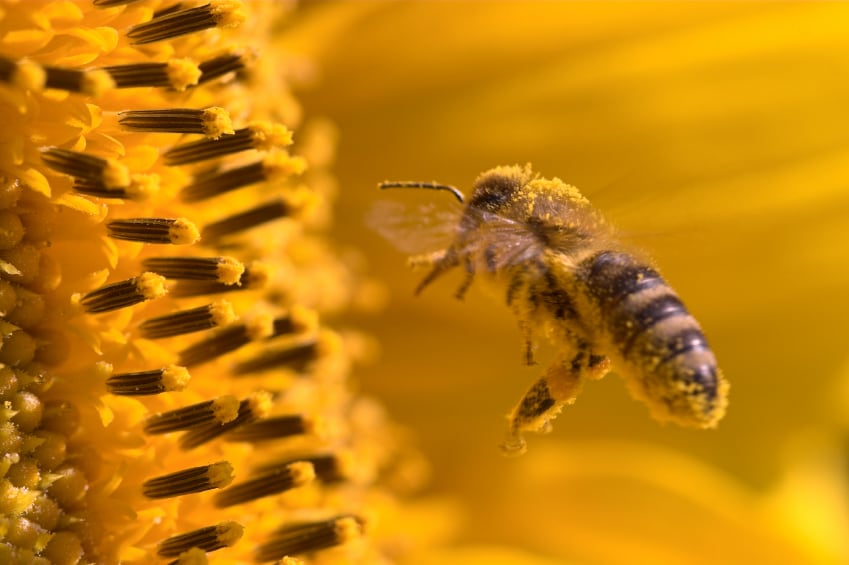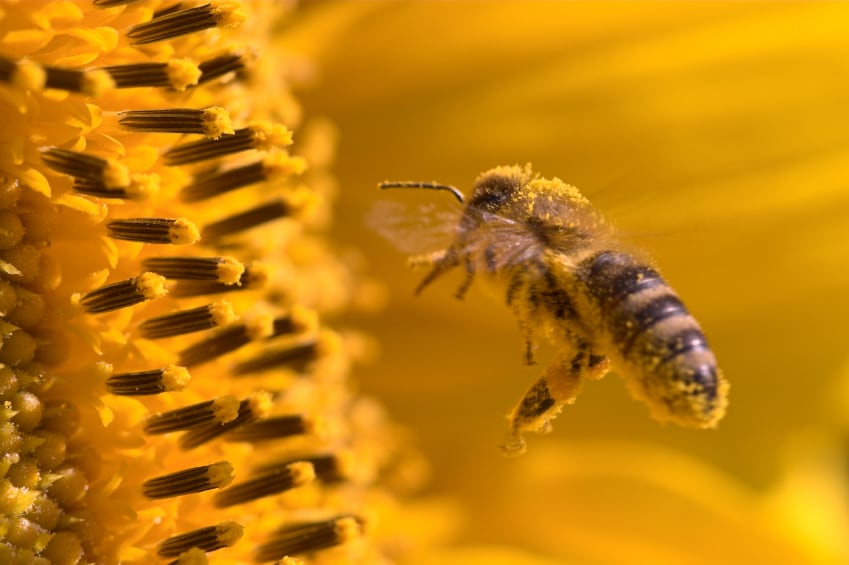Writing in the Journal of Functional Foods, an international research team’s findings that identify phytometabolites as potentially active plant elements give credence to the health benefits of bee pollen products.
“We conclude the bee pollen is the nutrient-rich treasure trove of active natural metabolites and benefits human health.
To expand the consumption and application, novel techniques with higher sensitivity, resolution, and accuracy will be necessary for the comprehensive compositional analysis of bee pollen.
“Species identification, research on metabolic pathways and mechanisms and accelerating the transformation of scientific insights into clinical practice and enriching the diversity of bee pollen products play important roles in promoting future industrial developments of bee pollen.”
A range of health benefits
The antioxidant, antibacterial, anti-inflammatory, anticarcinogenic, and antiallergic properties of bee pollen have not gone unnoticed by a host of firms active in the bee pollen sector.
France-based Apimab Laboratories are the makers of Propolia propolis gums, which contain 935 milligrams (mg) of honey and 330 mg of propolis extract that have been blended with other ingredients including orange and liquorice.
Another French-based firm, Laboratoires Forte Pharma are makers of 1000mg Royal Jelly tablets and Vitality 4G Dynamisant energy-boosting supplements.
Sérélyspharma are behind Sérélys, a supplementary tablet containing 160 mg of pollen extract and 7.85 mg of vitamin E.
The review, carried out by researchers from the Chinese Academy of Agricultural Sciences in Beijing, China and the University Anhanguera of São Paulo, focused on potentially active phytometabolites such as polyphenolic acid and flavonoids.
According to the team, previous studies have identified 30 glycosylated flavonoids but these have not been quantified in several pollen samples collected by honeybees.
The team highlighted techniques used to identify bee pollen elements that include high-performance liquid chromatography-diode array detection (HPLC-DAD) and nuclear magnetic resonance (NMR) to varying degrees of success as the team called for “novel techniques with higher sensitivity, resolution, and accuracy will be necessary for the comprehensive compositional analysis of bee pollen”.
Recent ANSES ruling
Commenting on its nutritional properties the team suggested a bee pollen-rich diet could prove beneficial for children who have a loss of appetite and/or those suffering from malnutrition.
Studies showed that a diet supplemented with bee pollen strengthens muscle and improve body conditioning.
In addition, bee pollen has demonstrated mental/physical benefits to people undertaking strenuous work.
The review also discussed the safety of bee pollen ingestion and whether it played a role in human allergic responses.
“Based on studies, the interfusion of airborne pollen allergens in bee pollen is the main allergy risk factor,” the review put forward.
Thus, it is necessary to strengthen quality monitoring for bee pollen safety,” they added.
NutraIngredients recently reported on a ruling handed out by The French Agency for Food, Environmental and Occupational Health & Safety (ANSES).
Here, the Authority highlighted three cases in which consumers suffered serious allergic reactions to food supplements containing royal jelly, propolis, honey and pollen.
However, for the manufacturers identified, there was a feeling the spotlight shined unnecessarily brightly on their products, especially considering that only three cases of this nature have been documented in six years.
Source: Journal of Functional Foods
Published online: doi.org/10.1016/j.jff.2018.09.008
“Nutrient-rich bee pollen: A treasure trove of active natural metabolites.”
Authors: Qiang-Qiang Li et al.


